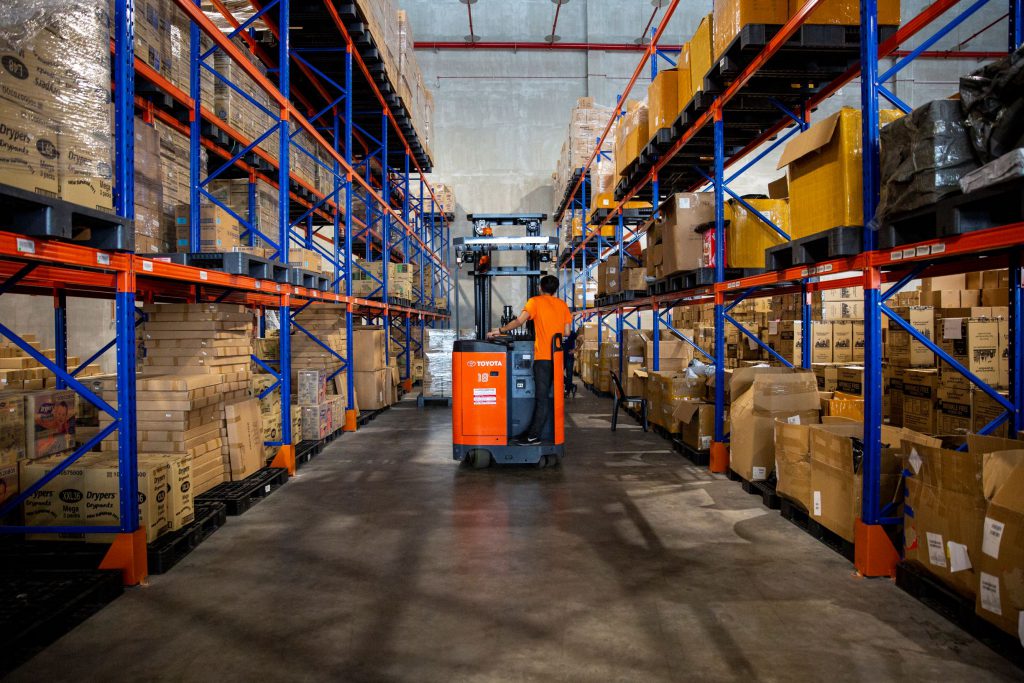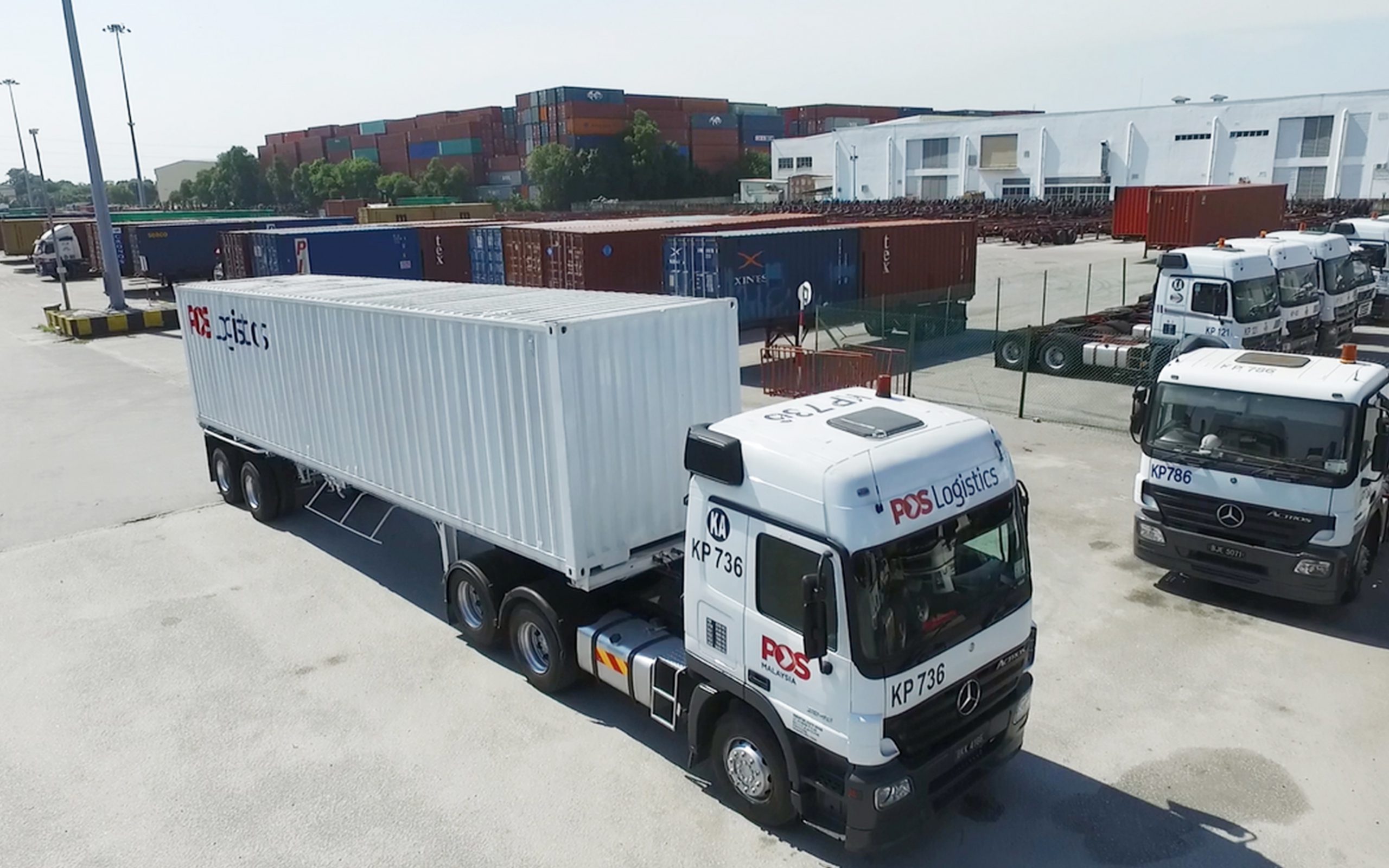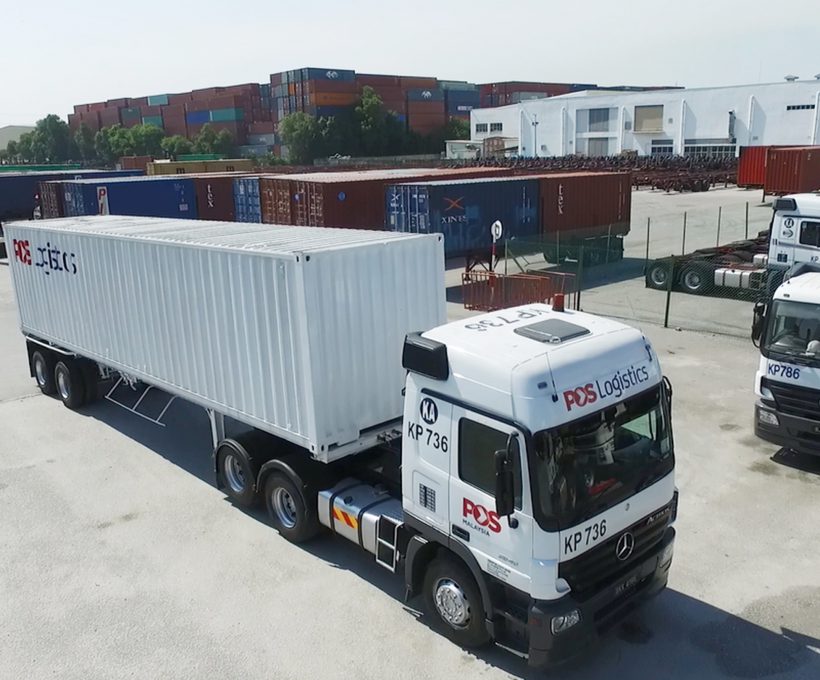With the rise in e-commerce comes the increase in demand for talents in logistics. Photo from Pos Logistics
The logistics industry is typically heard as transportation in business. However, logistics is a lot more diverse than one might consider, with a wide range of jobs to look at.
Logistics actually refers to the whole process of controlling how resources are purchased, stored, and delivered to their eventual destination.
Surprisingly, careers in logistics aren’t obvious choices for many, yet increased activity in Internet retailing for the past years means the demand for logistics and supply chain professionals is greater than ever before.
Needless to say, current and future graduates should give the field a shot as a career option. Let’s explore the logistics industry:
Understanding the job scope

Logistics is important as it is one of the main concerns in business; a business that has poor logistics can cost its bottom line immensely.
Whether as intermediaries between businesses (B2B or ‘business-to-business’) or customers (B2C or ‘business-to-customers’) companies in the logistics industry need to ensure that the right amount of items are delivered on time and in good condition.
According to monster.co.uk, tasks in the industry include:
- Designing warehouses and distribution centres that achieve efficiency in both operations and capacity
- Organising transportation activities, such as product storage, information management from point of origin through delivery, transportation movement orchestration, and service arrangements as needed
- Organising and tracking the flow of products through logistical channels
- Implementing a logistics strategy to ensure that items and deliveries arrive on time
- Keeping costs under control, looking into freight rates and other transportation expenditures
- Ensuring that quality is maintained throughout the logistical process
Logistics can differ from field to field. For example, in oil and gas, logistics involves the management of oil pipelines, vehicles, storage facilities, and distribution centres as it moves along the supply chain.
Skills needed in the logistics industry

To be part in the logistics industry, graduates need to be highly adaptable, given the aforementioned variety of tasks involved.
They also need to be able to think ahead to develop the capacity to accurately forecast their company’s potential demands, as well as the repercussions of activities taken anywhere along the supply chain.
Technically, graduates should have strong numerical and analytical skills in order to analyse and interpret data, especially to determine the need to improve the flow and progress of the supply chain in the company.
And essentially, regardless of educational background, any graduate who wants to work in the industry should have an extensive industry knowledge.
This means staying up-to-date with the latest trends in logistics and supply chain. Doing so can support their company’s efforts to ensure the efficiency and effectiveness of their supply chain processes and procedures.





